Samsung S95E: release date and price predictions, and 5 improvements we want to see
Everything we know about (and want to see from) Samsung's next-gen OLED powerhouse
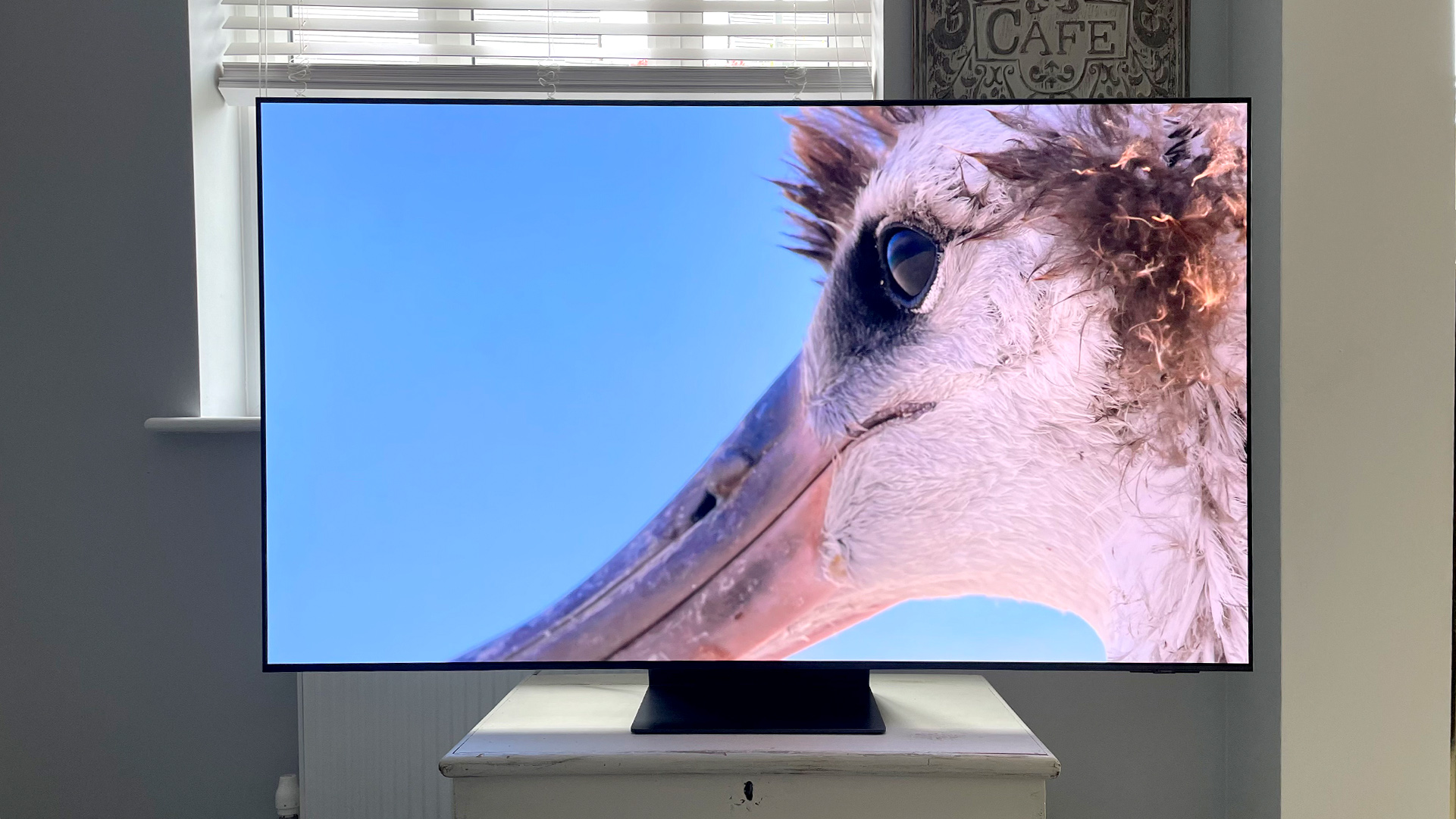
The Samsung S95D earned five stars in our in-depth review, and with good reason. With superb brightness, excellent gaming performance, an effective anti-reflection filter, and a picture worthy of silver screen blockbusters, it’s no surprise to hear that we’re looking forward to its 2025 successor.
With that in mind, we’ve rounded up everything we know about the S95D's replacement (which we're calling the S95E for now) below, including five things we’d like to see Samsung include and/or improve. And if you can’t wait, feel free to browse through our list of the best TVs that you can buy right now.
Samsung S95E: release date and price predictions
If Samsung follows its traditional launch cycle, we can expect the S95E to make its first appearance in January, at the cavernous tech-filled halls of CES 2025 in Las Vegas. The annual tech showcase has become the battleground where major manufacturers unveil their latest TV innovations, and Samsung typically uses this platform to debut its premium models against fierce competition from the likes of LG. In fact, you’re welcome to read our guide and wishlist for the LG C5, if you fancy.
As for the Samsung S95E’s launch price, we’re hoping that the brand will follow its own lead from this year, pricing the successor at the same launch price as the previous models, in most markets at least. If that’s the case, a pretty good estimate for the various prices for the Samsung S95E can be found below.
Oh, and if Samsung decides to launch the S95E at an even cheaper price than the S95D, we certainly won’t be complaining.
| Size | S95C | S95D |
|---|---|---|
| 55" | £2,399 / $2,499 / AU$3,999 | £2,499 / $2,599 / AU$3,995 |
| 65" | £3,599 / $3,299 / AU$4,999 | £3,399 / $3,399 / AU$4,995 |
| 77" | £5,099 / $4,499 / AU$7,999 | £4,599 / $4,599 / AU$7,995 |
Samsung S95E: 5 features we want to see
1. Dolby Vision (a pipe dream)
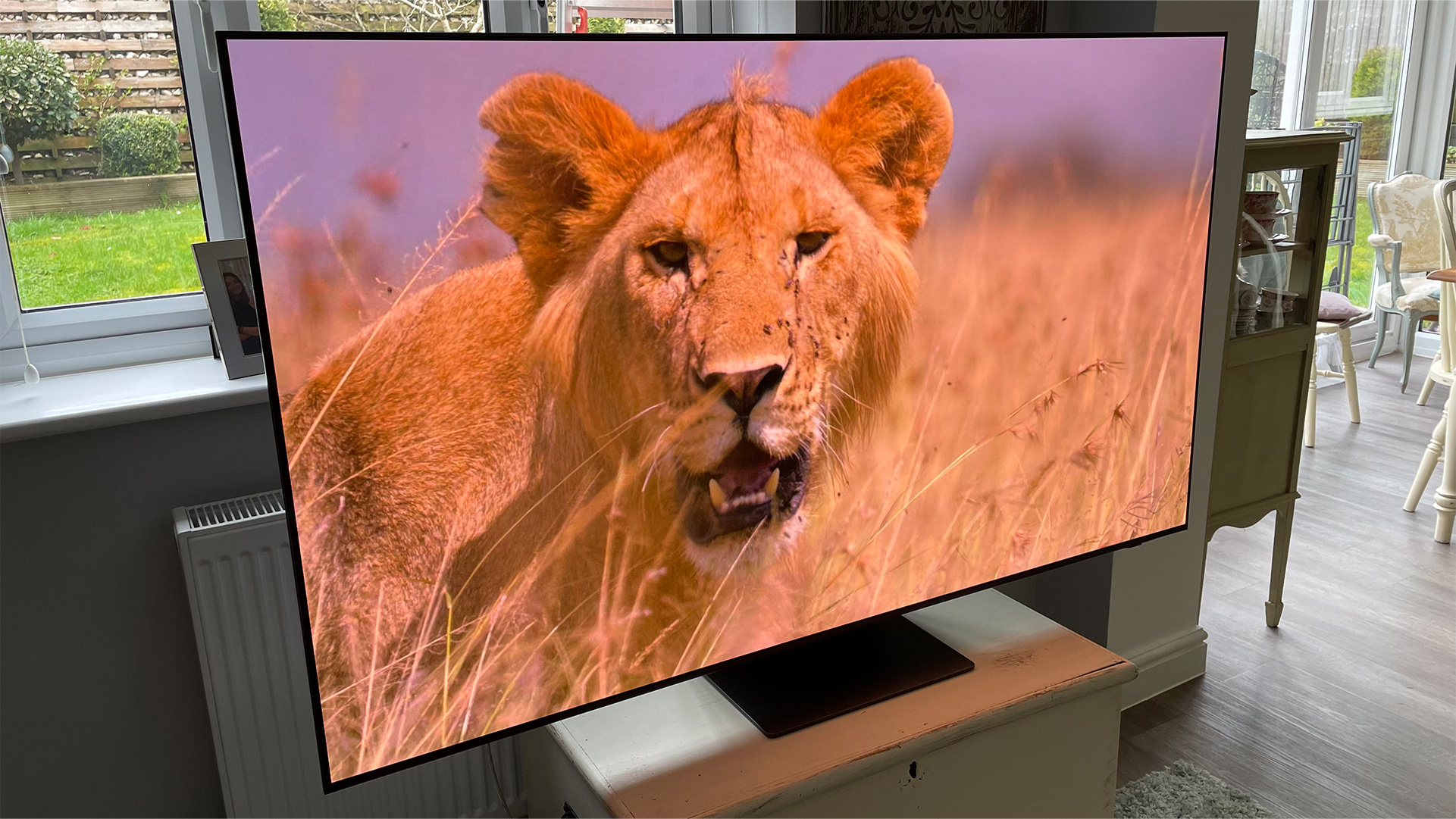
While Samsung's HDR processing is excellent, native Dolby Vision support would offer a more complete package, and an even more accurate picture in some cases.
Major streaming services such as Netflix, Disney+, and Apple TV+ all heavily favour Dolby Vision, while most premium Ultra HD Blu-ray releases now come with Dolby Vision as standard. The format's dynamic metadata approach, which optimises brightness, contrast, and colour on a scene-by-scene basis, could potentially enhance the already impressive HDR capabilities of Samsung's set.
While HDR10+ offers similar capabilities, its more limited content support means that viewers might not be getting the most optimised HDR experience possible. It is absolutely worth stressing, however, that all of this is very much dependent on the content that’s being watched, and there’s no one-size-fits-all best solution.
Though we don't realistically expect Samsung to change course on this front, the addition of Dolby Vision would still be a welcome surprise that could make the S95E an even more complete flagship offering.
2. Tweaked default settings
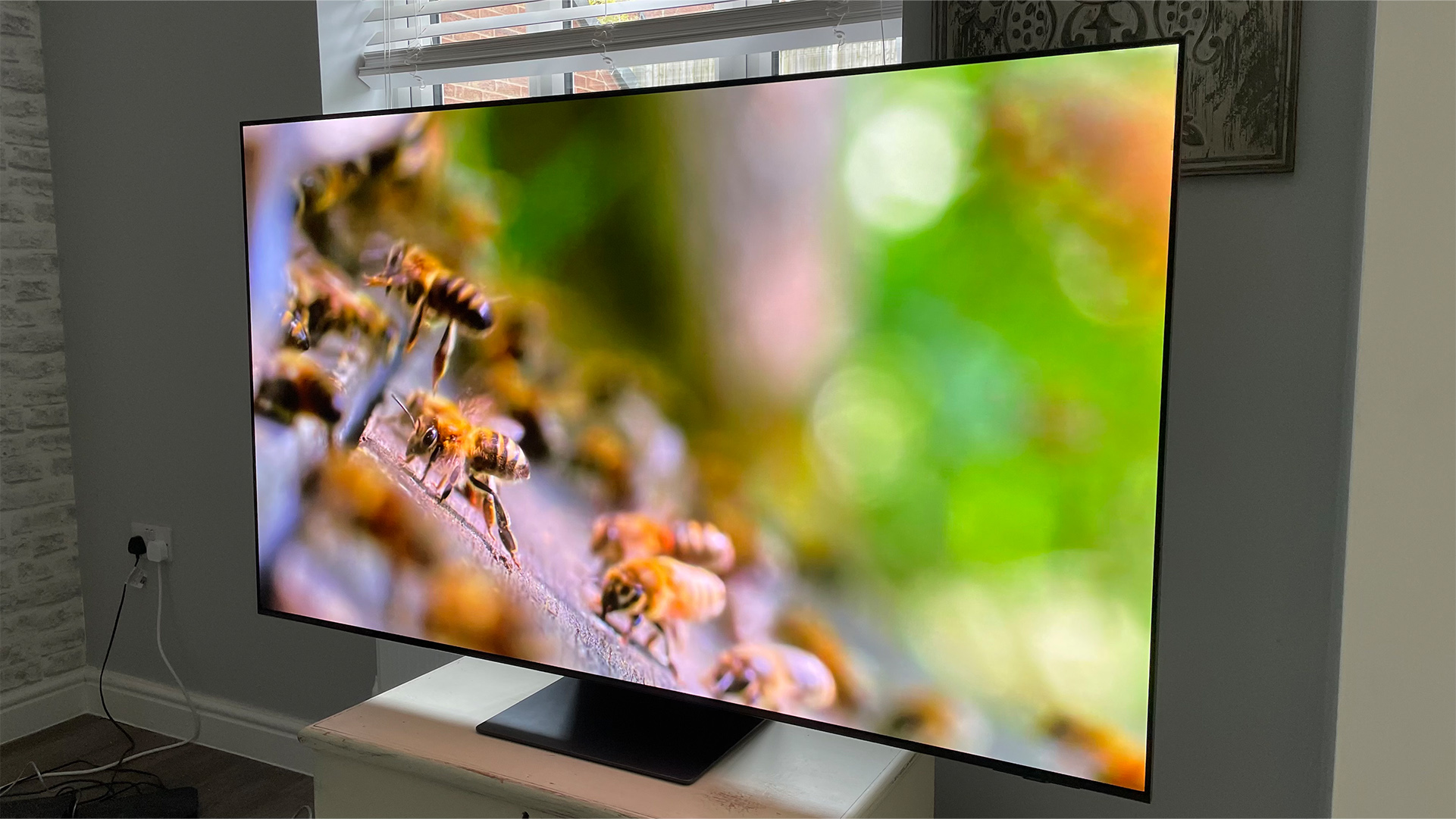
The current S95D is capable of stunning picture quality, but reaching that optimal performance requires some menu diving – more so than with many of its rivals. The motion handling, in particular, could benefit from better out-of-box settings. Currently, we’d recommend that users manually adjust the Picture Clarity settings, switching to Custom mode, and fine-tuning blur reduction levels while disabling noise reduction to avoid artificial-looking motion.
Our testing of the S95D revealed that the optimal settings involve setting judder and blur reduction to their three or four levels in Custom mode, with Noise Reduction turned off. This eliminates the 'soap opera effect' while maintaining clarity. However, many users might never discover these optimal settings, instead living with the rather heavy-handed default motion processing.
For the S95E, we'd love to see more refined default settings that better showcase the panel's capabilities immediately. This could include a more balanced approach to motion handling out of the box, particularly in the Movie and Filmmaker modes, where accuracy is paramount.
3. Blinding lights
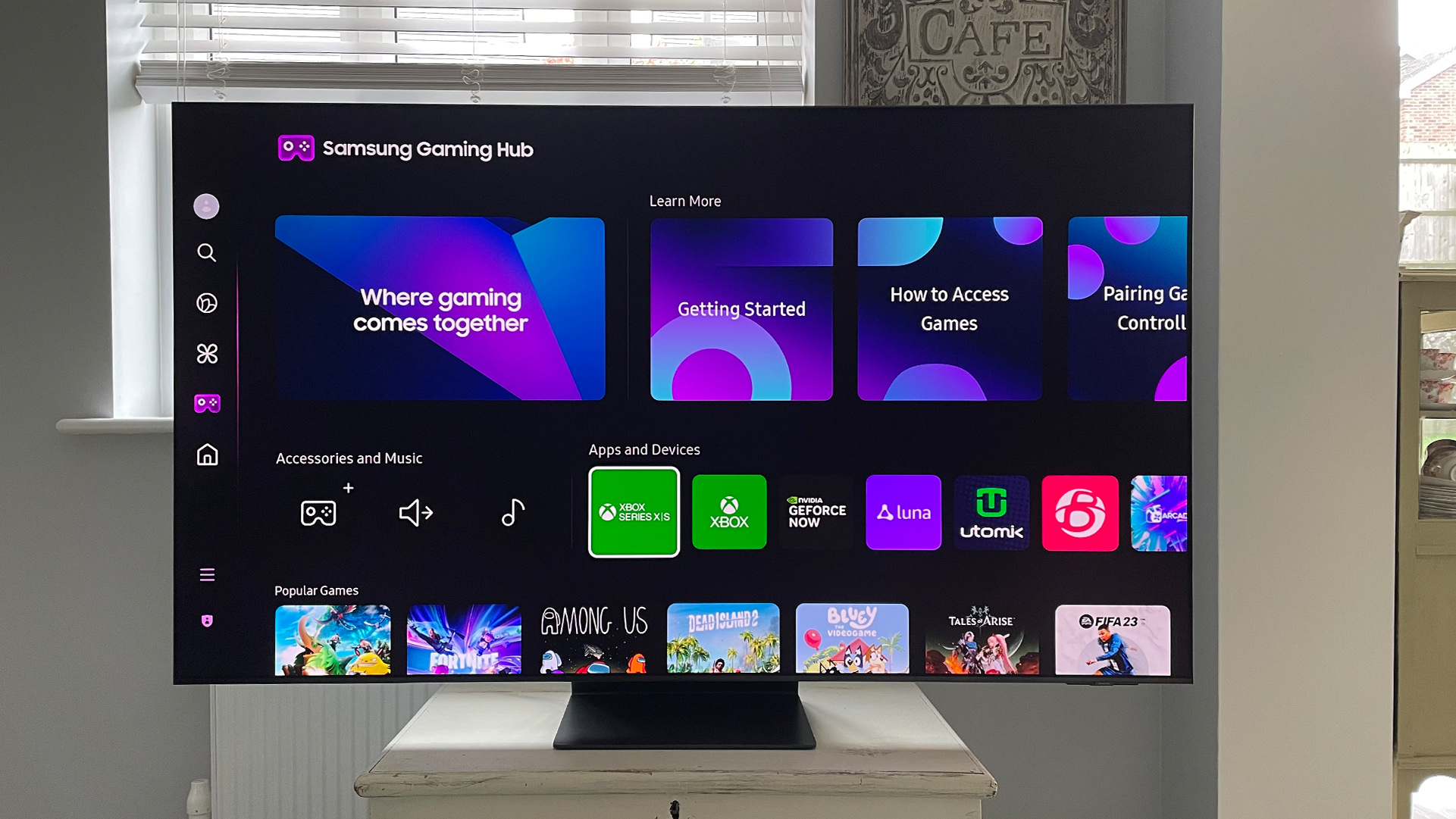
The S95D's QD-OLED panel already pushes the boundaries of OLED brightness, particularly with HDR highlights. The current model's QD-OLED technology combines the precision of OLED with the enhanced brightness and colour volume of quantum dots, resulting in some of the most vibrant and punchy images we've seen from any TV technology.
However, there's still room for improvement when it comes to full-screen brightness levels, an area where Mini LED displays still maintain an advantage. While the S95D excels at producing brilliant HDR highlights, scenes with large bright areas – such as snow scenes or sunny skies – don't quite match the impact of the brightest LCD-based displays.
If Samsung could enhance the S95E's overall brightness while maintaining the perfect blacks and infinite contrast that make OLED special, it could further cement QD-OLED's position as a premium display technology. Even a modest improvement in sustained brightness levels could make a noticeable difference in well-lit viewing environments. This would be particularly beneficial for daytime viewing and HDR content mastered at higher nit levels.
4. Better sound
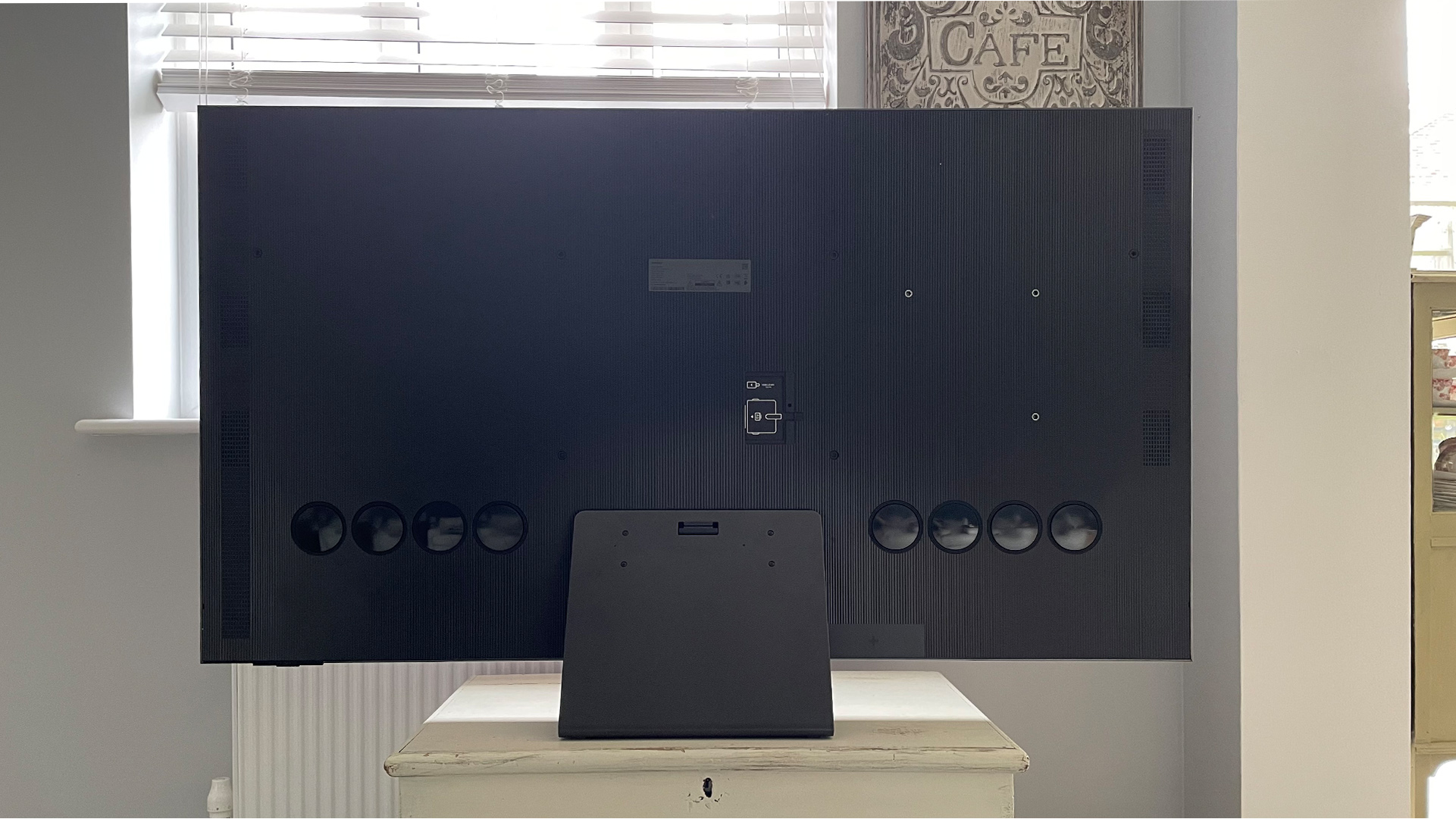
In our testing of the S95D, we found that its eight-driver set-up provided a reasonably wide soundstage with good positional accuracy, while its object-tracking system did an admirable job of placing sounds in the right space – even managing to portray the path of moving objects as they cross or circle the screen. But despite this, its overall presentation felt rather flat and lacking in dimension, with a limited dynamic range that becomes particularly apparent during more demanding scenes. Musical content similarly reveals the limitations of the current speaker system, with the bass response being notably restrained.
Given the super-slim dimensions of the 1cm chassis itself, we’re not surprised – and this isn’t a knock purely against Samsung, as practically all TVs would benefit from beefier speakers, and an upgrade to a dedicated solution like one of the best soundbars. Given that most buyers at this price point will likely pair their TVs with a separate sound system anyway, this isn’t a deal-breaking issue, but it would still be great to see some of these shortcomings addressed in the S95E.
5. Triple filtered
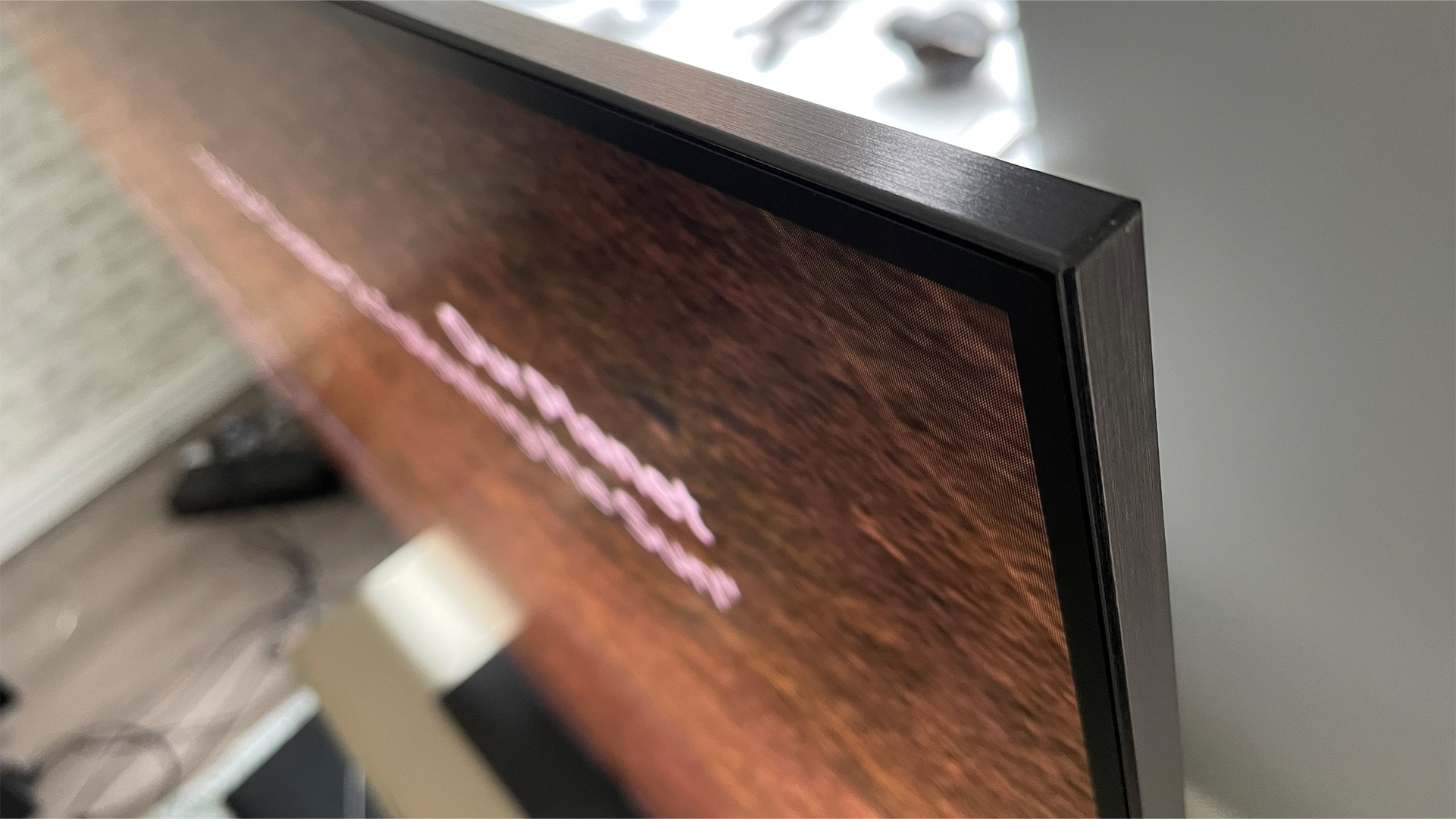
One of the S95D's standout features is its anti-reflective filter, which does a remarkable job of minimising room reflections. The current implementation turns distracting reflections of bright objects into barely noticeable, contained light spots, making it one of the most effective anti-reflection solutions we've seen.
However, there's still room for refinement. The current implementation can slightly raise black levels in bright rooms, and occasionally produces subtle blooming around very bright objects. Testing in varied lighting conditions has shown that while the filter is incredibly effective at managing reflections, these side effects can be noticeable in certain viewing scenarios.
For the S95E, we'd welcome improvements that maintain the filter's excellent reflection-handling skills, while minimising these side effects. And yes, we’re being greedy.
So what's next?
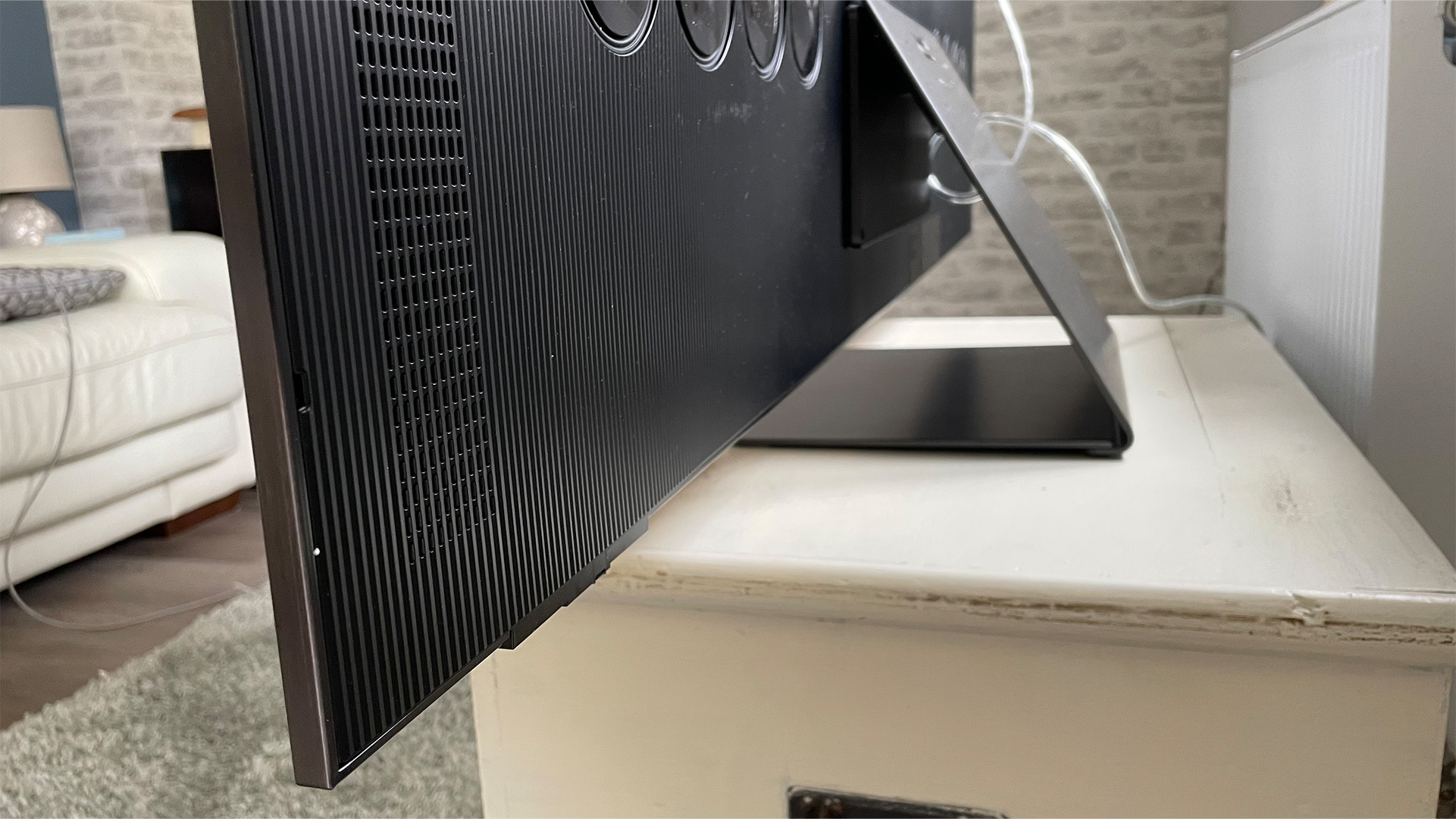
Samsung's S95 series has consistently pushed the boundaries of what's possible with OLED technology, and the S95E has the potential to raise the bar even further. With companies such as LG and Sony continuing to advance their own OLED efforts, Samsung will need to bring meaningful innovations to maintain its position at the cutting edge.
Naturally, we'll be following the development of the S95E closely, and you can expect our full review once it hits the market. In the meantime, we’re looking forward to seeing it in the flesh at CES in January, so watch this space for our eyes-on impressions…
MORE:
Best TV 2024: flagship OLEDs and affordable flatscreens tried and tested
Read our full Samsung S95D review
Best OLED TVs: our pick of the top OLED TVs available
Get the What Hi-Fi? Newsletter
The latest hi-fi, home cinema and tech news, reviews, buying advice and deals, direct to your inbox.

